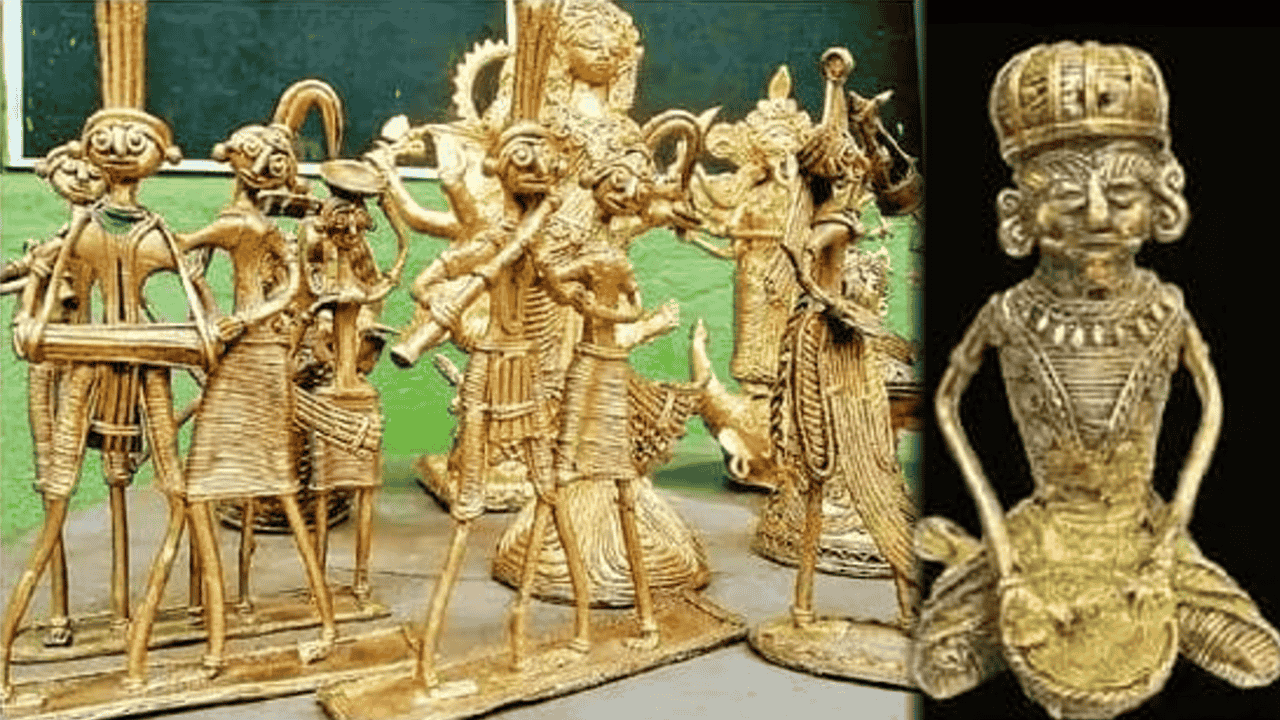Introduction The debate around delimitation of legislative constituencies in India is heating up ahead of the expected 2026 exercise. While some propose freezing parliamentary seats but increasing state assembly seats to maintain democratic representation, concerns are rising about potential political and communal biases in the process. The recent delimitation exercises in Jammu & Kashmir (2022) and Assam (2023) highlight key warning signs that must not be ignored.
What is Delimitation?
Delimitation refers to the redrawing of electoral boundaries based on population changes to ensure equal representation. However, when not conducted impartially, it can lead to political gerrymandering, affecting electoral outcomes and governance.
Key Issues with Delimitation in India
1. Power Imbalance Among States
Southern states fear a disproportionate increase in parliamentary representation for states with higher population growth, mostly in northern India.
A proposed solution is to redistribute Rajya Sabha seats equally across five geographical zones (North, South, East, West, Central) to balance representation.
2. Communal Gerrymandering in Jammu & Kashmir
The 2022 Jammu & Kashmir Delimitation added six assembly seats to Jammu and only one to the Kashmir Valley.
Critics argue that this disproportionately favors Hindu-majority areas, altering the political landscape.
Example: Muslim-majority Kishtwar was converted into a Hindu-majority constituency by merging it with Hindu-dominated areas.
3. Political Manipulation in Assam
In Assam (2023), four districts were merged back into their parent districts before delimitation.
This resulted in a loss of 10 Muslim-majority constituencies while increasing Hindu and tribal-majority seats.
The changes have raised concerns about demographic-based electoral engineering.
4. Unequal Population Representation
Some constituencies in Jammu & Kashmir and Assam now have vastly different population sizes.
Example:
Vaishno Devi constituency (50,000 voters) vs Dooru constituency (1.92 lakh voters).
This creates an unfair voting weightage, distorting democracy.
Dangers of Polarisation and Communal Politics
The 2026 delimitation could intensify regional and religious divides:
Southern states may lose influence, causing a North-South political divide.
Communal delineation of constituencies could further polarize voters, influencing electoral outcomes.
Examples from Jammu & Kashmir and Assam show how BJP gained an electoral advantage through constituency redrawing.
Potential Solutions and Safeguards
To ensure fair and democratic delimitation, the following measures must be considered:
1. Strengthening Zonal Councils and Inter-State Council
These bodies must actively discuss and mediate state concerns.
The Inter-State Council, dormant since 2016, should be revived and given more authority.
2. Ensuring Transparent and Non-Partisan Delimitation
Election Commission of India (ECI) should oversee the process with independent observers.
A judicial review mechanism must be established to challenge biased decisions.
3. Equal Representation and Population Balance
Rajya Sabha seat redistribution can help maintain regional balance.
Minimum and maximum population caps for constituencies should be set to ensure equal vote weightage.
Conclusion
The delimitation exercise in 2026 carries significant risks if political and communal biases influence the process. Lessons from Jammu & Kashmir and Assam show that gerrymandering and uneven population representation can harm India's pluralistic democracy. Ensuring fair and transparent electoral boundaries is crucial for maintaining national unity and democratic integrity.
"Delimitation 2026: Lessons from Jammu & Kashmir and Assam highlight risks of political gerrymandering and communal bias. Learn how India can ensure fair electoral representation."
External Link
Election Commission of India - Official Website
Inter-State Council - Government of India
By addressing these concerns, India can safeguard its democracy from partisan and communal influences, ensuring fair and equal representation for all citizens.
By Team Atharva Examwise #atharvaexamwise







